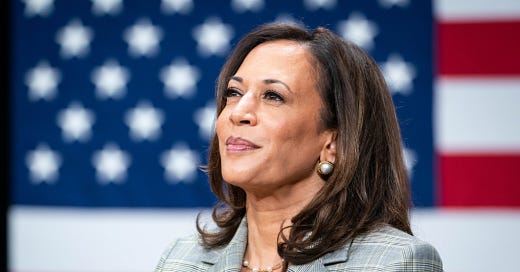Kamala, candidate of the establishment
Trump, Vance, and RFK Jr. form an anti-establishment coalition
The attempted assassination of Trump, the selection of Vance by Trump, the withdrawal of Biden, the crowning of Kamala by the elite, and RFK Jr.’s coalition with Trump are significant developments that suggest the possibility of an ideological realignment that would be capable of forging a national consensus on an anti-establishment foundation.
The rise of Kamala
In the Democratic presidential primaries of 2020, the Left and the political establishment were in competition. Before the threat of the attainment of the Party nomination by the self-declared socialist Bernie Sanders, the political establishment mobilized forces in support of the candidacy of Joe Biden, a process that included the withdrawal of various candidates.
Biden selected Kamala Harris as his running mate, taking into account her compliance with the goals of the political establishment and her lack of a clearly defined ideological agenda, combined with …



